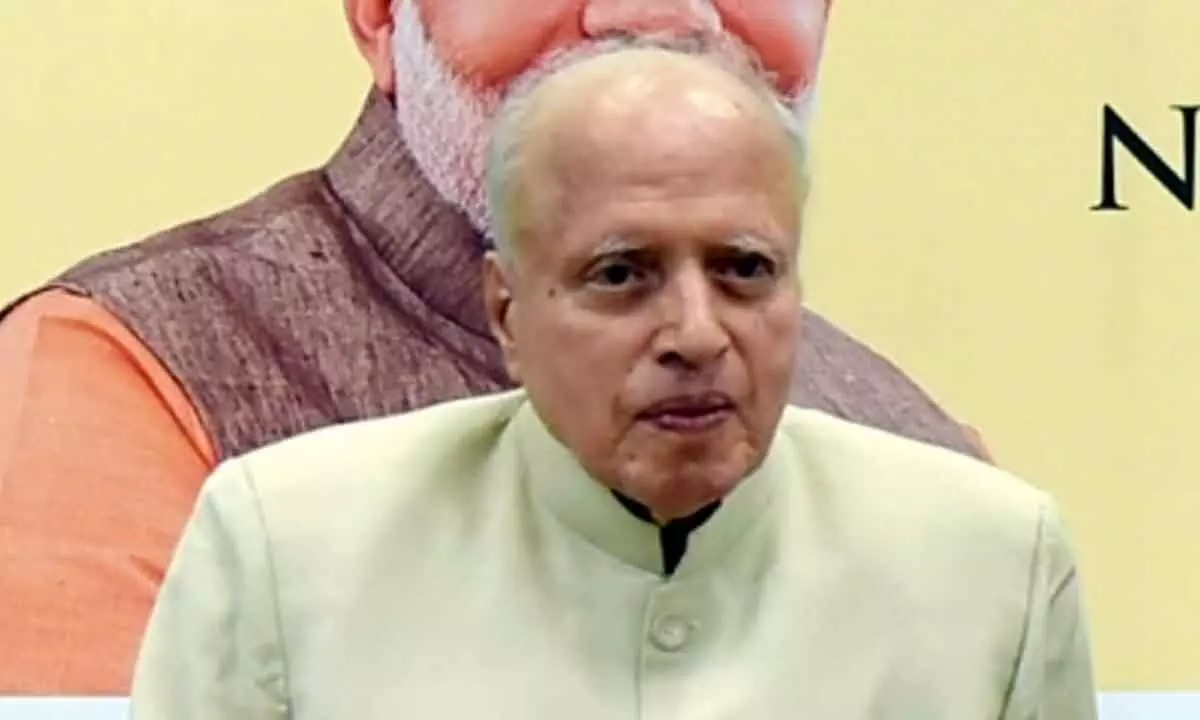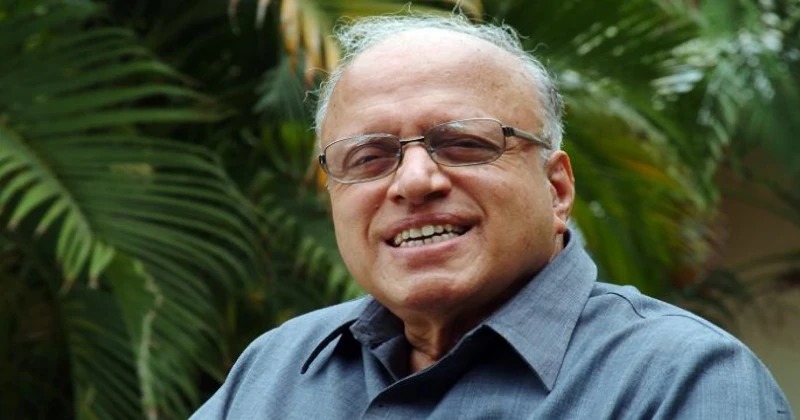Visionary Pioneer of India’s Green Revolution, MS Swaminathan, Passes Away at the Age of 98

Visionary Pioneer of India’s Green Revolution, MS Swaminathan, Passes Away at the Age of 98
In a somber moment for the agricultural community and the nation at large, the pioneering agricultural scientist, MS Swaminathan, often hailed as the father of India’s Green Revolution, breathed his last on Thursday at the age of 98. Dr. Swaminathan’s remarkable contributions to Indian agriculture have left an indelible mark, transforming the country’s farming landscape and ensuring food security for millions of low-income farmers.
Dr. Mankombu Sambasivan Swaminathan, affectionately known as “Swaminathan Sir” by those who worked alongside him, dedicated his life to the betterment of Indian agriculture. His journey, which spanned nearly a century, was marked by unwavering commitment, innovation, and a deep-rooted passion for the welfare of farmers.
At the heart of his legacy lies the Green Revolution, a transformative period in India’s agricultural history. Dr. Swaminathan’s pioneering work in developing high-yielding varieties of paddy was a game-changer for the nation’s agriculture. These new strains of rice, often referred to as ‘miracle rice,’ produced significantly higher yields, propelling India into the league of self-sufficiency in food production.

The impact of these high-yielding varieties cannot be overstated. India, once plagued by chronic food shortages, was able to meet the growing demands of its population. The increased agricultural productivity directly translated into improved living standards for countless farmers and their families.
Dr. Swaminathan’s commitment extended beyond the laboratory and into the fields. He actively engaged with farmers, understanding their needs, and championing their cause. His emphasis on sustainable farming practices, combined with modern agricultural techniques, not only increased crop yields but also ensured the long-term health of the land.
Recognizing his outstanding contributions, Dr. Swaminathan was honored with the first World Food Prize in 1987. This prestigious award celebrated his vision and tireless efforts in ensuring that no Indian would sleep hungry. His work resonated globally, inspiring a new generation of agricultural scientists and policymakers to address food security challenges worldwide.
In a nation where agriculture is not just an occupation but a way of life for millions, Dr. Swaminathan’s legacy serves as a beacon of hope. His efforts brought prosperity to rural India, significantly reducing poverty rates and improving the quality of life for countless families. His principles of sustainable and inclusive agricultural development continue to guide the nation’s policies and practices.

Despite his towering achievements, Dr. Swaminathan remained humble and accessible. He often stressed the importance of bridging the gap between science and traditional wisdom, acknowledging the invaluable knowledge held by generations of Indian farmers. His “Evergreen Revolution” concept aimed not only at enhancing productivity but also at conserving the environment and preserving India’s rich agricultural heritage.
As the news of his passing reverberates across the nation, tributes pour in from all corners. Prime Minister Narendra Modi took to Twitter to express his condolences, saying, “Dr. MS Swaminathan made a mark through his pioneering work in agriculture. He has left us, but his ideas remain an integral part of our efforts towards transforming Indian agriculture. His passionate efforts towards the empowerment of farmers will always be remembered.”
Dr. Swaminathan’s impact on Indian agriculture extended beyond the professional realm. He was not just a scientist but a true humanitarian who understood the intricate relationship between agriculture and the well-being of society. His work touched the lives of millions of farmers, empowering them to break free from the shackles of poverty.
As the nation mourns the loss of this visionary pioneer, it also celebrates his enduring legacy. Dr. MS Swaminathan’s name will forever be etched in the annals of Indian agriculture as a symbol of hope, progress, and transformation. His life’s work serves as an inspiration for future generations to continue the journey he embarked upon—a journey towards a brighter, more food-secure India.
Dr. Swaminathan’s commitment to improving the lives of India’s farmers extended to the very core of his being. His initiatives went beyond just increasing crop yields; he sought to empower farmers with knowledge, tools, and resources to thrive in an ever-evolving agricultural landscape. His advocacy for agrarian reforms and the creation of farmer-centric policies left an indelible impact on India’s agricultural sector.

One of his notable contributions was his involvement in the establishment of the National Agricultural Research System (NARS). This extensive network of research and educational institutions worked tirelessly to develop and disseminate advanced agricultural technologies, ensuring that the benefits of research reached even the most remote farming communities. Dr. Swaminathan’s vision for a connected and collaborative agricultural research ecosystem laid the foundation for a more resilient and sustainable agricultural sector in India.
Moreover, Dr. Swaminathan was a staunch advocate for the empowerment of women in agriculture. He recognized the pivotal role that women play in farming, from sowing seeds to harvesting crops. His efforts to ensure that women had access to resources, training, and opportunities within the agricultural sector were instrumental in promoting gender equality and enhancing the overall productivity of Indian agriculture.
As we bid farewell to this visionary leader, it’s important to remember that his legacy is not confined to the history books; it lives on in the fields of India, where farmers continue to reap the benefits of his work. Dr. MS Swaminathan’s legacy is a testament to the power of science, compassion, and dedication in transforming a nation’s destiny. His life’s work reminds us that the path to progress begins with ensuring food security for all and creating a more equitable and prosperous society.




